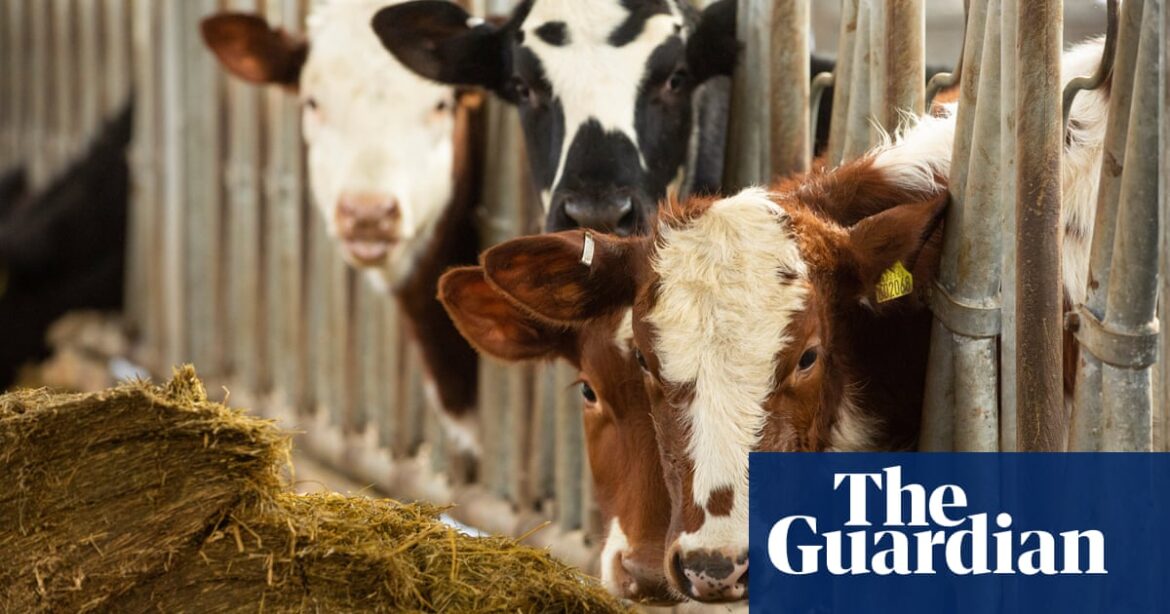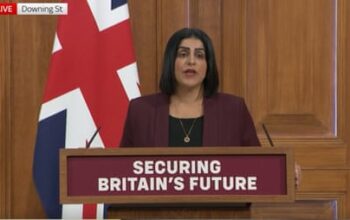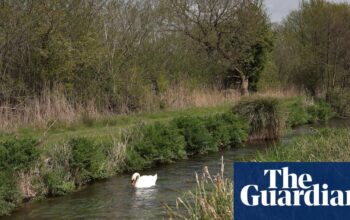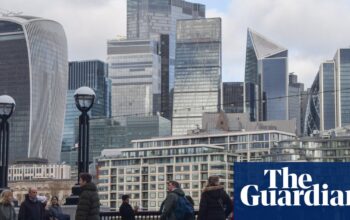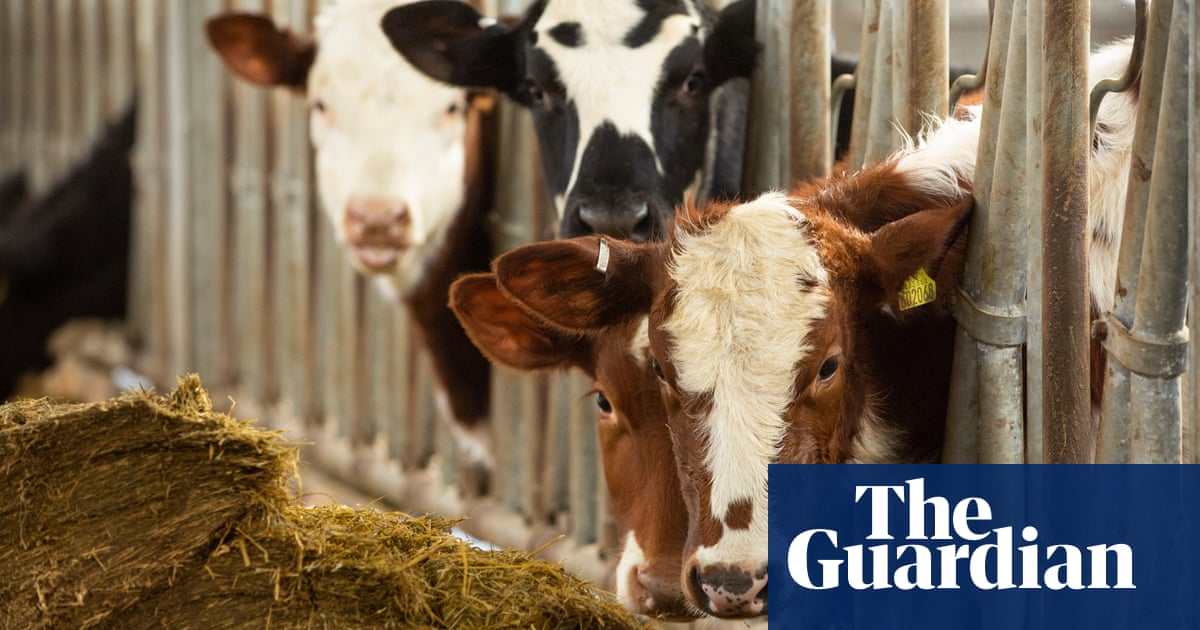
The government must urgently reassure consumers that feed additives given to cattle to reduce methane emissions are harmless, and a vital tool in tackling the climate crisis, the chair of an influential parliamentary committee has warned.
Lady Sheehan, chair of the environment and climate change committee of the House of Lords, called on ministers to step up as a row has blown up over the prospective use of the additive Bovaer in British dairy herds supplying Arla, the dairy company.
“The government has the evidence it can use” of the product’s safety, she said. “I can see why the government wouldn’t want to throw its weight behind recommending one of the feed additive options out there because there are others, but the government can point to the evidence to date that the FSA has licensed it and has reassured [consumers] that it is safe.”
Bovaer is one of a range of additives that are given to cattle to aid digestion and reduce their flatulence, which is a major cause of methane emissions. Cutting methane, a greenhouse gas many times more powerful than carbon dioxide, would give the world breathing space in the fight to control temperature rises, many scientists have said.
Sheehan told the Guardian it was a pity the row had blown up, as feed additives could play a significant role in tackling methane. “It’s very clear that we have to look at all the options [for cutting methane] and feed additives is one that has been in use now for a good many years,” she said. “The Food Standards Agency in its authorisation process has said that [Bovaer] is safe for human consumption and animals. And it’s very effective in reducing methane emissions.”
She said seaweed, willow and maize added to cattle diets were also showing promise in reducing methane, and should be further explored.
Arla announced last month it would start trials of Bovaer in the UK, but an online backlash ensued with some people claiming they would boycott the dairy. Arla and the manufacturer of Bovaer, DSM-Firmenich, have been forced to make public statements that the additive – which has been developed over 15 years and was certified by the UK’s food safety watchdog over a year ago – is safe.
Sheehan put the row down to “misinformation and disinformation” spread on social media. She added: “The government needs to continue with the trials that it’s doing to stay on top of this, to make sure what the long term effects are.”
The Lords environment and climate change committee published a report on Tuesday urging the government to tackle methane as a priority. Close to half of the UK’s methane emissions are from agriculture, and of those nearly 85% come directly from livestock – chiefly cattle – and about 15% from slurry.
The committee found feed additives could play an important role, as could selective breeding of cattle. However, the Lords declined to give clear advice on people’s diets, though scientists have said eating less meat is necessary to avoid excess methane emissions. Animal Rising, a campaign group, has attacked Bovaer as a “false solution” as it could encourage people to think they can continue eating meat.
Sheehan said: “Personally, I have cut down on red meat consumption … [but] this report isn’t about asking people to eat less meat. This is a holistic view of the different options that are open to farmers to help in the fight to tackle methane emissions.”
Source: theguardian.com
